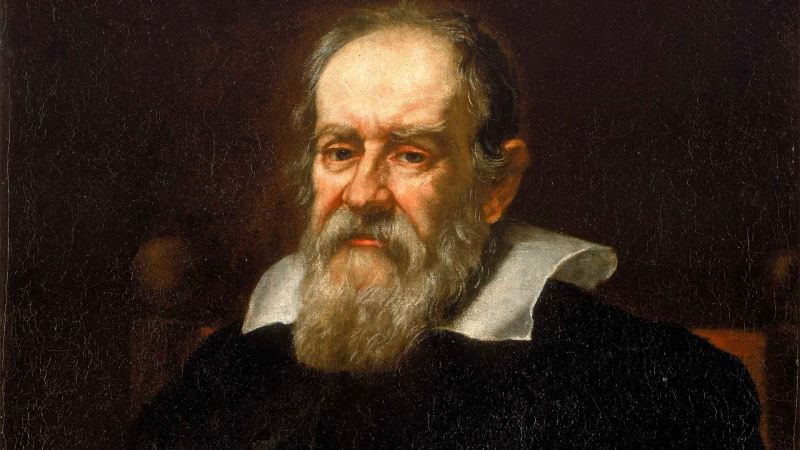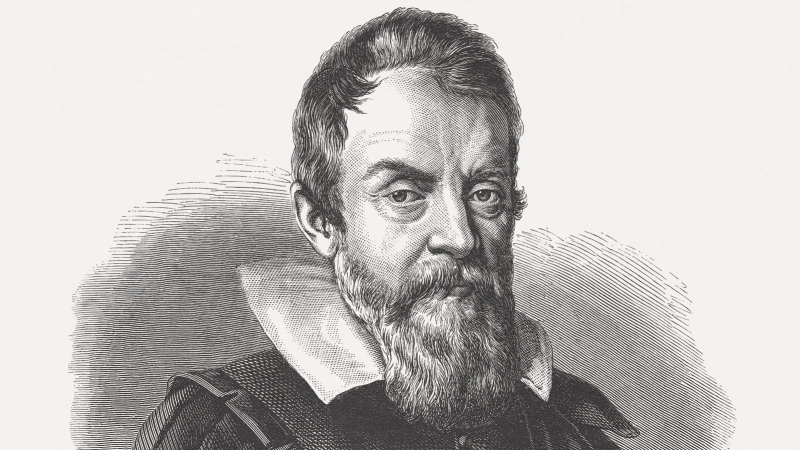Galileo Galilei
Galileo Galilei was often regarded as the "hero" of modern science beginning in the seventeenth century. He is recognized for his discoveries, having been the first to record telescopic sightings of the moon's mountains, Jupiter's moons, Venus's phases, and Saturn's rings. He developed the first microscope and the thermometer's precursor.
He computed the rule of free fall, dreamed of an inertia principle, determined the parabola trajectory of projectiles, and campaigned for relativity of motion in mathematical physics, a science he helped establish. Galileo Galilei is regarded as the first "true" experimental scientist, since he experimented with magnetism, clocks, and pendulums, dropping stones from buildings and ship masts.
Much of his cultural stature stems from his activism and popularization of Copernicanism, as well as the ensuing denunciation by the Catholic Reconquista, which elevated him to the status of a purported "martyr" for the causative agent of rationality and informed modernity in the history of a fictitious "warfare" between science and religion. This is no mean feat for a seventeenth-century Italian who was the child of a court musician and dropped out of the University of Pisa, not bothering to earn a degree.
Years: 1564 - 1642
Achievements:
- Galilean telescope
- Hydrostatic balance












